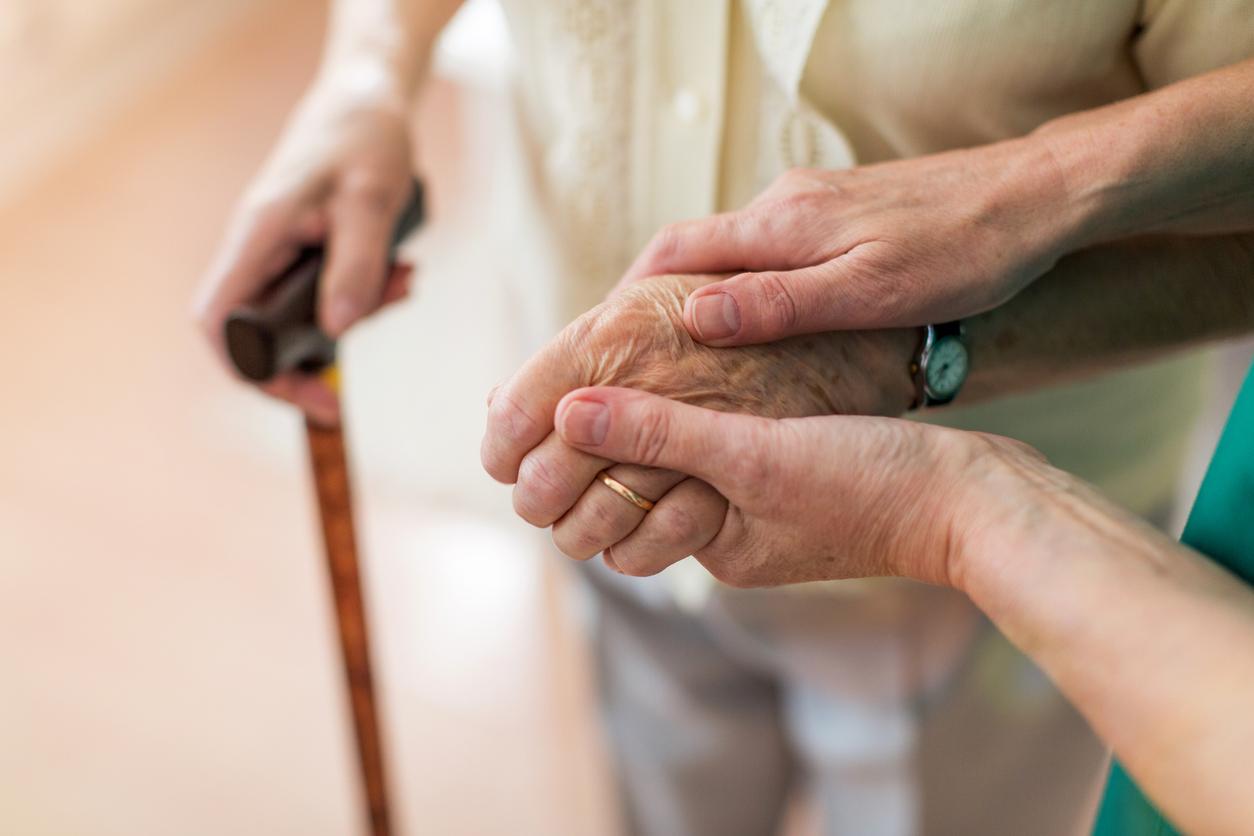The Rhône-Alpes Order of Physicians has sanctioned a doctor with a one-month ban on practice, suspended. She had refused to treat a veiled patient after an argument.

The disciplinary chamber of the Regional Council of the Order of Physicians of Rhône-Alpes met four weeks ago in Lyon (Rhône) to examine the complaint of a patient against a substitute doctor. And the matter is sensitive. The latter was accused of a “refusal of treatment on discriminatory grounds”. The court therefore had to indicate whether or not the practitioner had breached her ethical obligations. In the sentence unveiled this Thursday, the institution decided to sanction the practitioner with a one-month ban on practice, suspended.
“This is a harsh sentence. We are satisfied with this decision. It is a way of recognizing the status of victim of my client, which the justice had refused to him, declared to 20 minutes, master Hosni Maati, lawyer for the patient. In its decision of October 1, the disciplinary chamber of first instance of the Order of Physicians considers that “Dr L. expressed his opinion on the wearing of the veil by Muslim women (…) in terms ( …) which have a content clearly marked by Islamophobia “. According to Agence France Presse (AFP), she continues by indicating that “these excess of language which did not give rise to any manifestation of repentance, while the code of medical ethics requires doctors to refrain from making scandalous remarks, constitute a fault with regard to the code of public health ‘.
Justice classifies without continuation
The facts date back to June 2015. Substitute in a practice in the municipality of Pont-de-Beauvoisin, the general practitioner argues violently with a veiled patient. After tearing up a prescription and asking the patient to leave, the practitioner adds that she does not want “veiled women in her office”. An altercation filmed, with the permission of the doctor, and broadcast on the internet a few days later. Beginning of the scandal.
For her part, the general practitioner defends herself and denies having refused to treat the patient by recalling that she examined her and wrote a prescription.
Last November, the Chambéry court, however, dismissed the complaint. The patient then turned to the Council of the Order of Physicians. But in front of her peers, the doctor repeated her words. Recently cited by The Dauphiné Libéré, Dr Pascal Jallon, president of the Council of the Order of Physicians of Isère, considered that it was only a consultation which degenerates. “We are in the case of a consultation that goes badly, as it can happen to lots of doctors, and as it happened to myself because I refused to prescribe a sick leave to a patient. It is a difficult, stressful job, and I believe that it is a matter that we want to highlight, ”he said, stressing that there had been no refusal of care since the argument had taken place at the end of the consultation.
Care an ethical obligation
In France, under certain conditions, the law allows doctors not to provide care to a patient if he does not wish to. “Article 47 of the Public Health Code allows doctors to release themselves from their healthcare obligations for personal or professional reasons. But of course, there should not be the possibility of discrimination behind the scenes, ”explained in a recent interview with Why actor Dr Jean-Marie Faroudja. The president of the ethics and deontology section of the National Council of the Order of Physicians recalled the rules but was careful not to comment on this affair.
The doctor stressed, however, that a practitioner is required to treat all patients who come before him “whatever their origin, their customs and their family situation, their belonging or not belonging to an ethnic group, a nation or a country. religion, disability or state of health, reputation or feelings he may have towards them ”, according to article R4127-7 of the Public Health Code.
“Pastor said: I don’t want to know who you are, just tell me what you are suffering from”, quoted Dr Faroudja. And to conclude: “We try to reconcile care and religion but the doctors do not have to take care of the nationality of a patient, nor of his beliefs”.
.

















